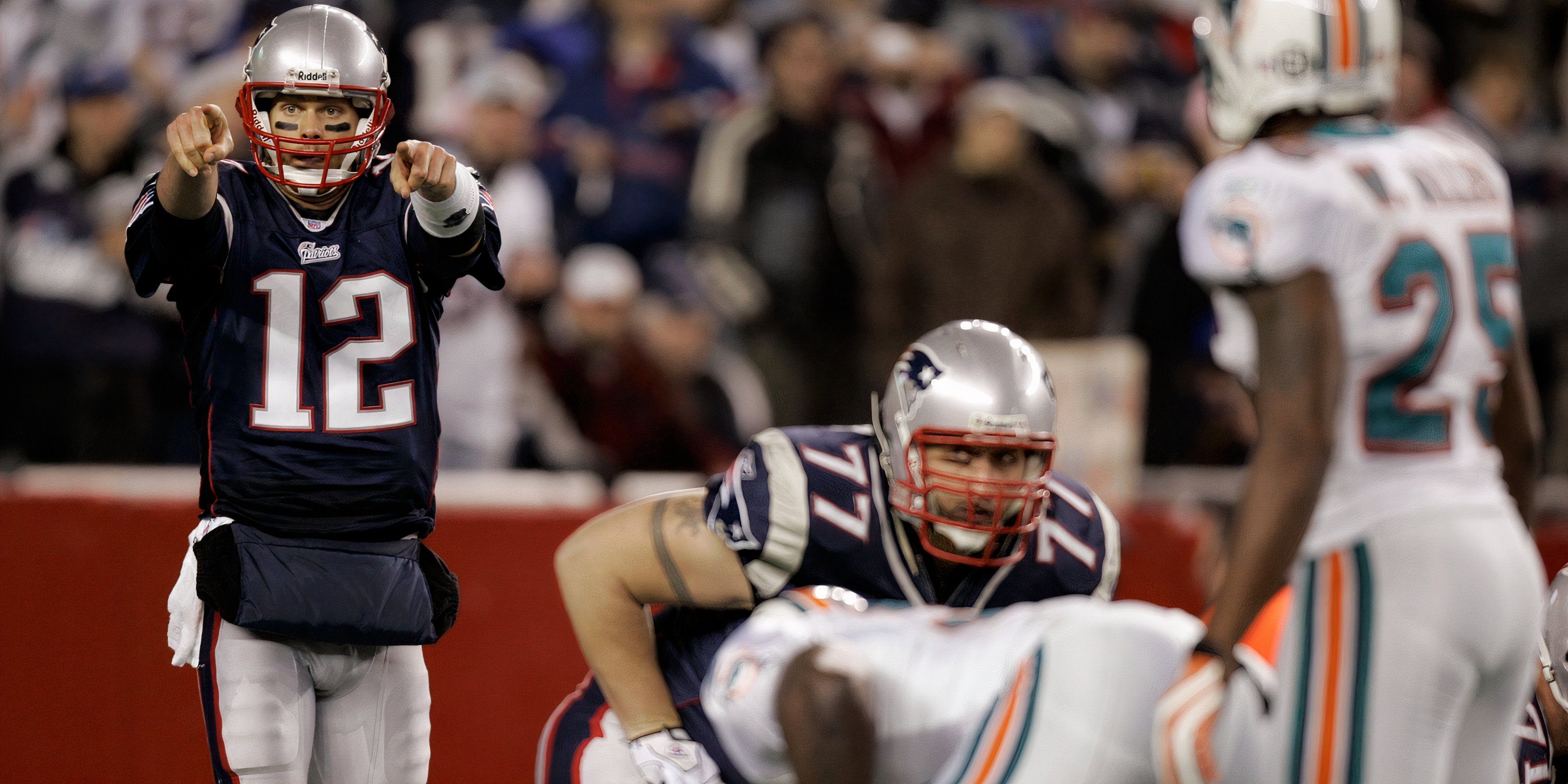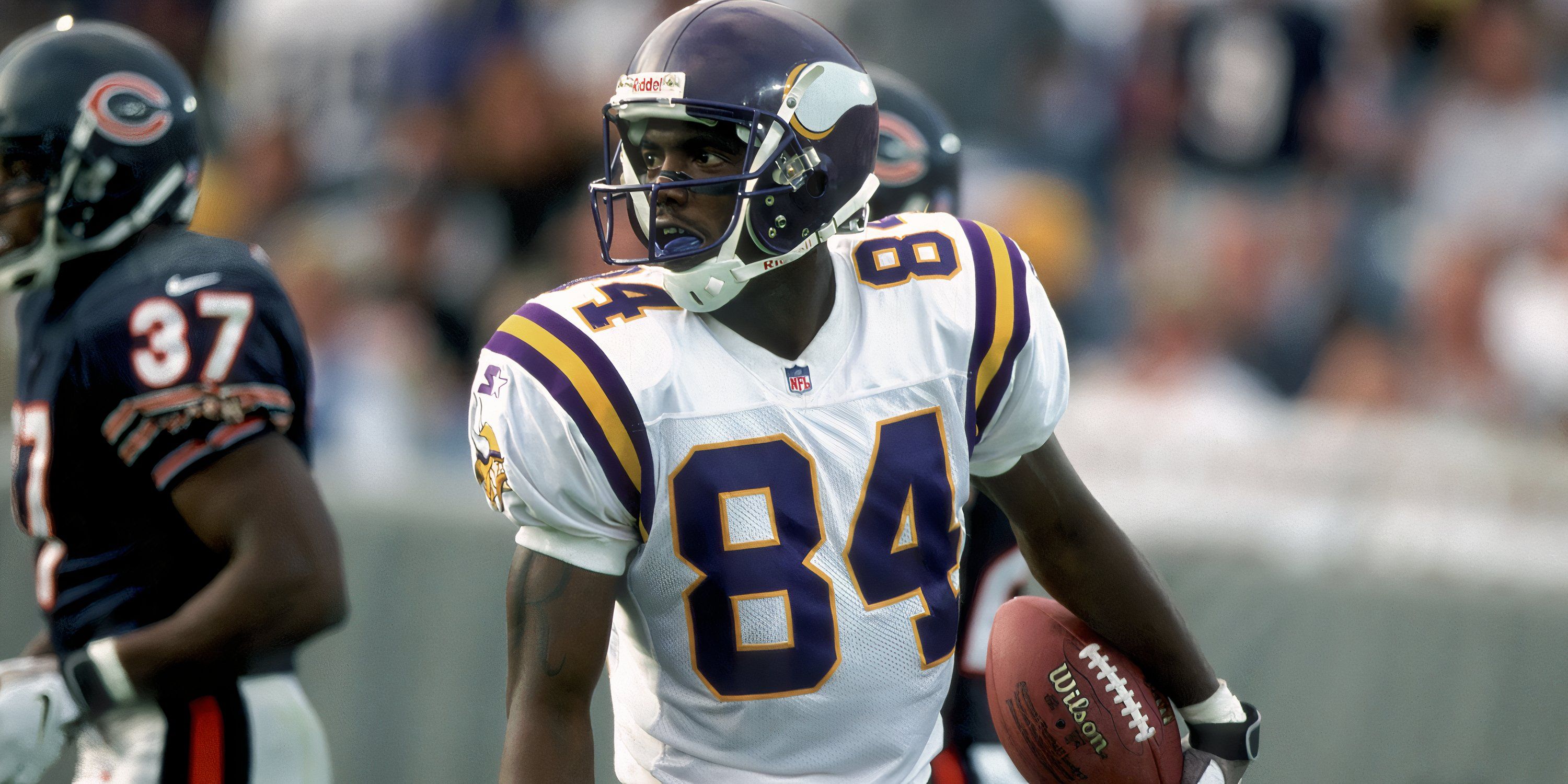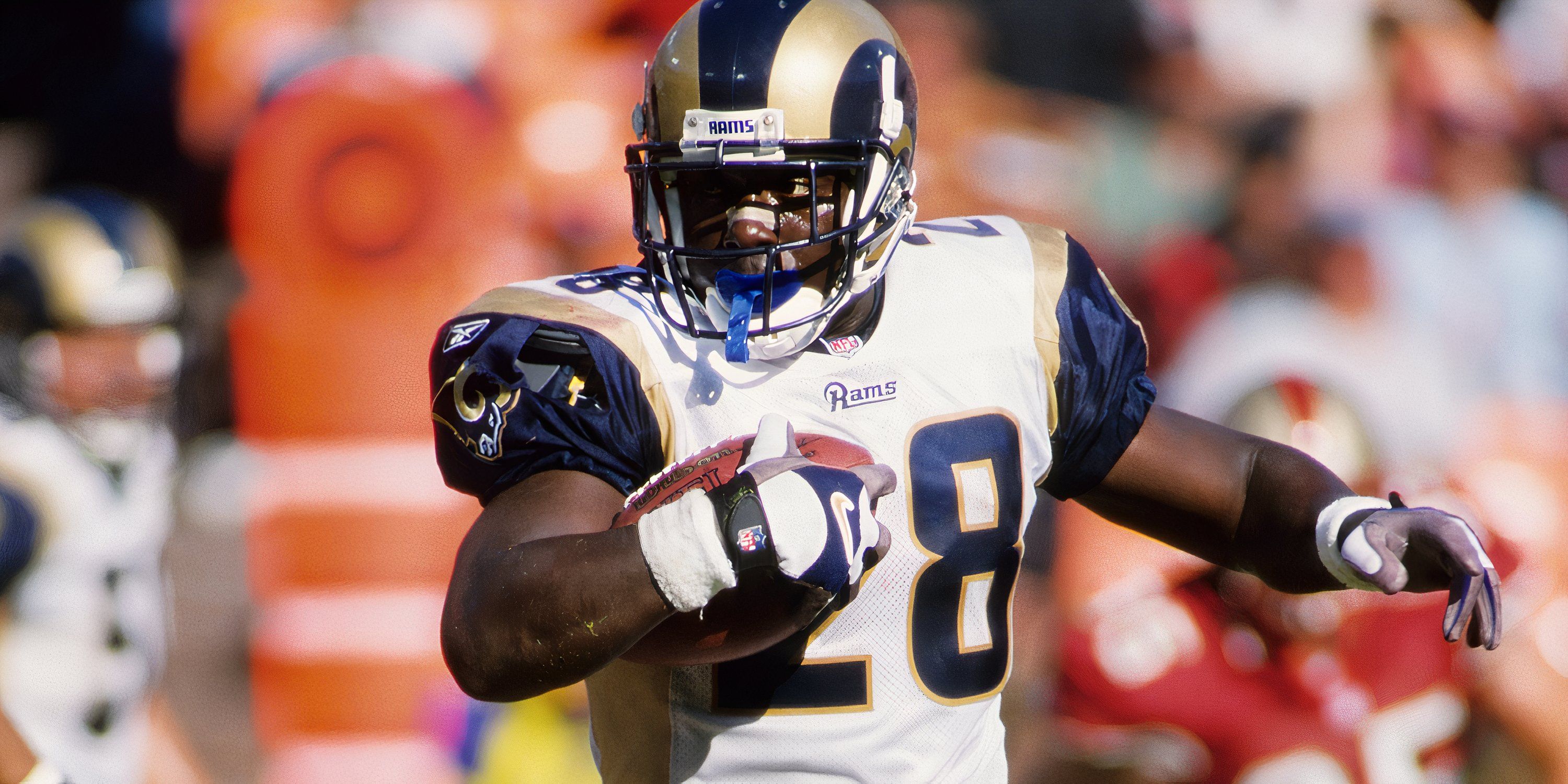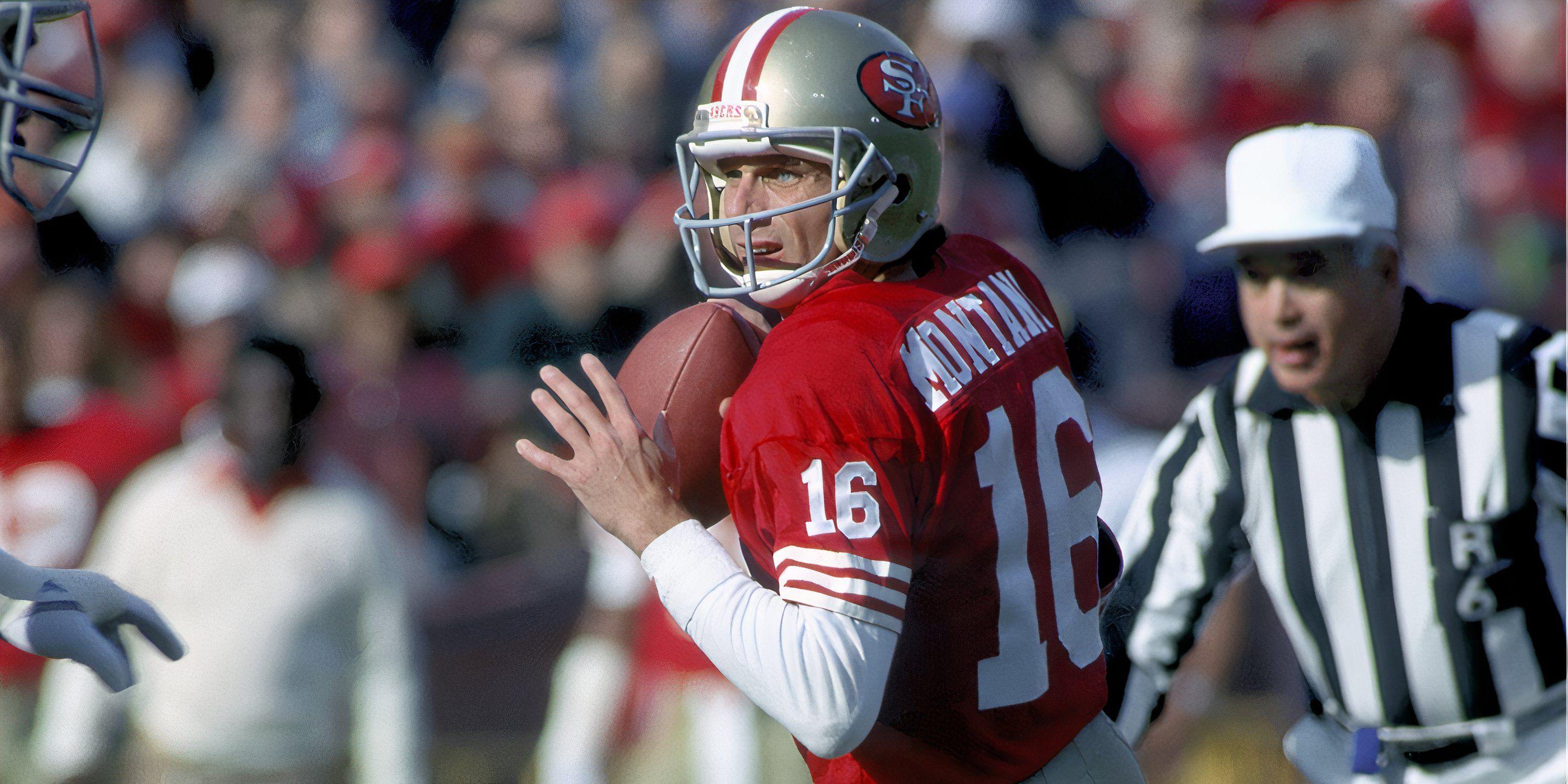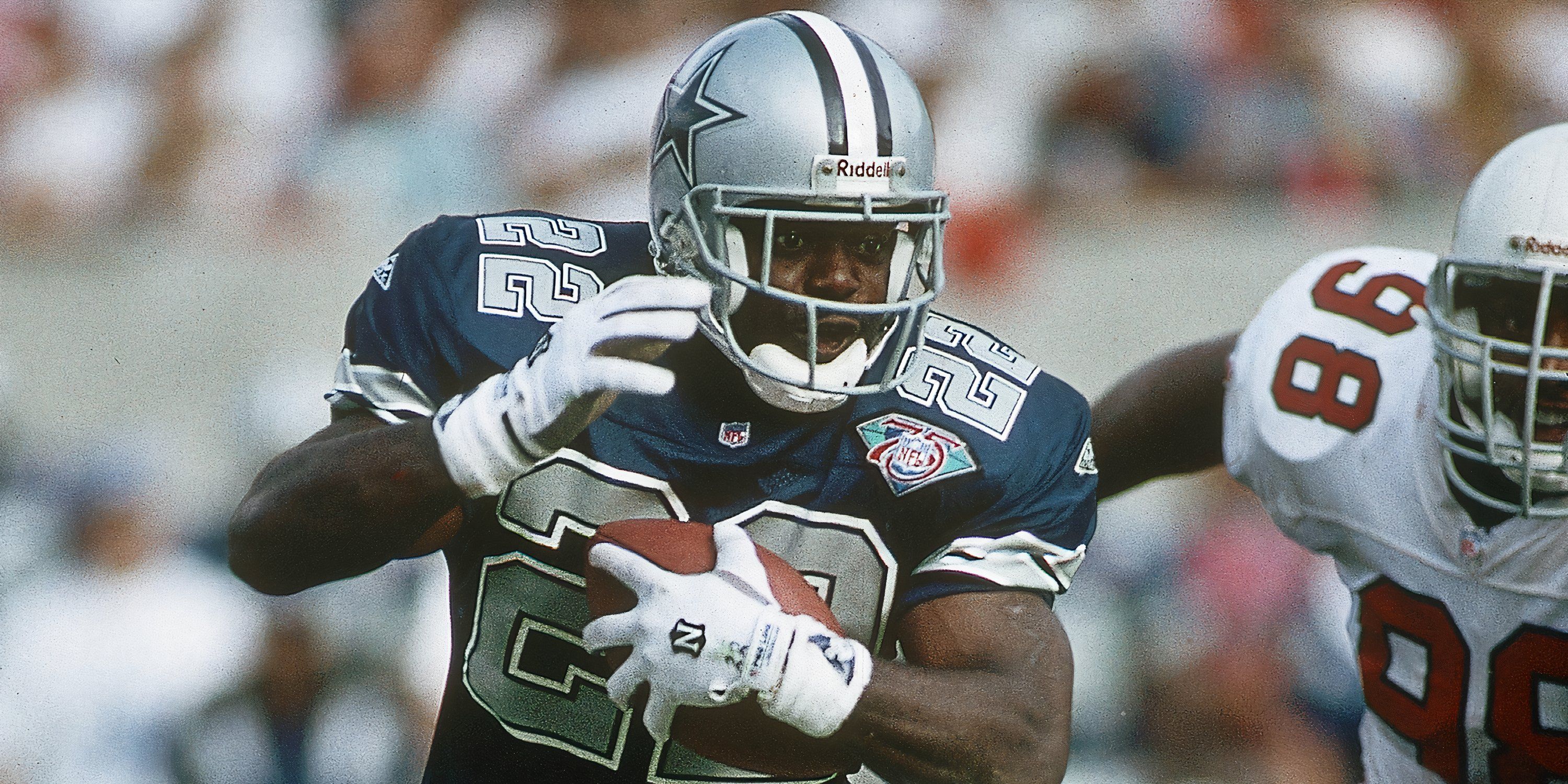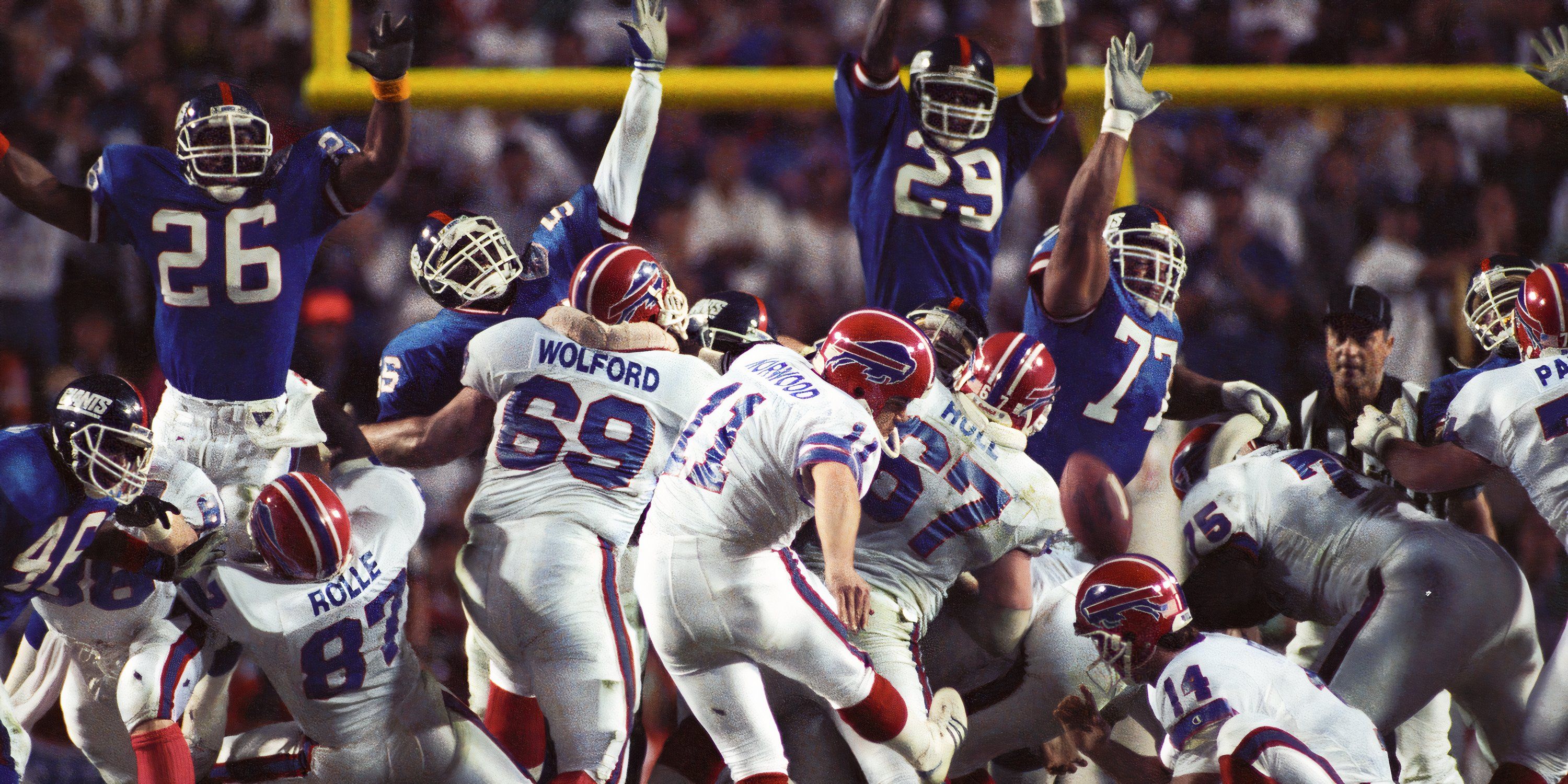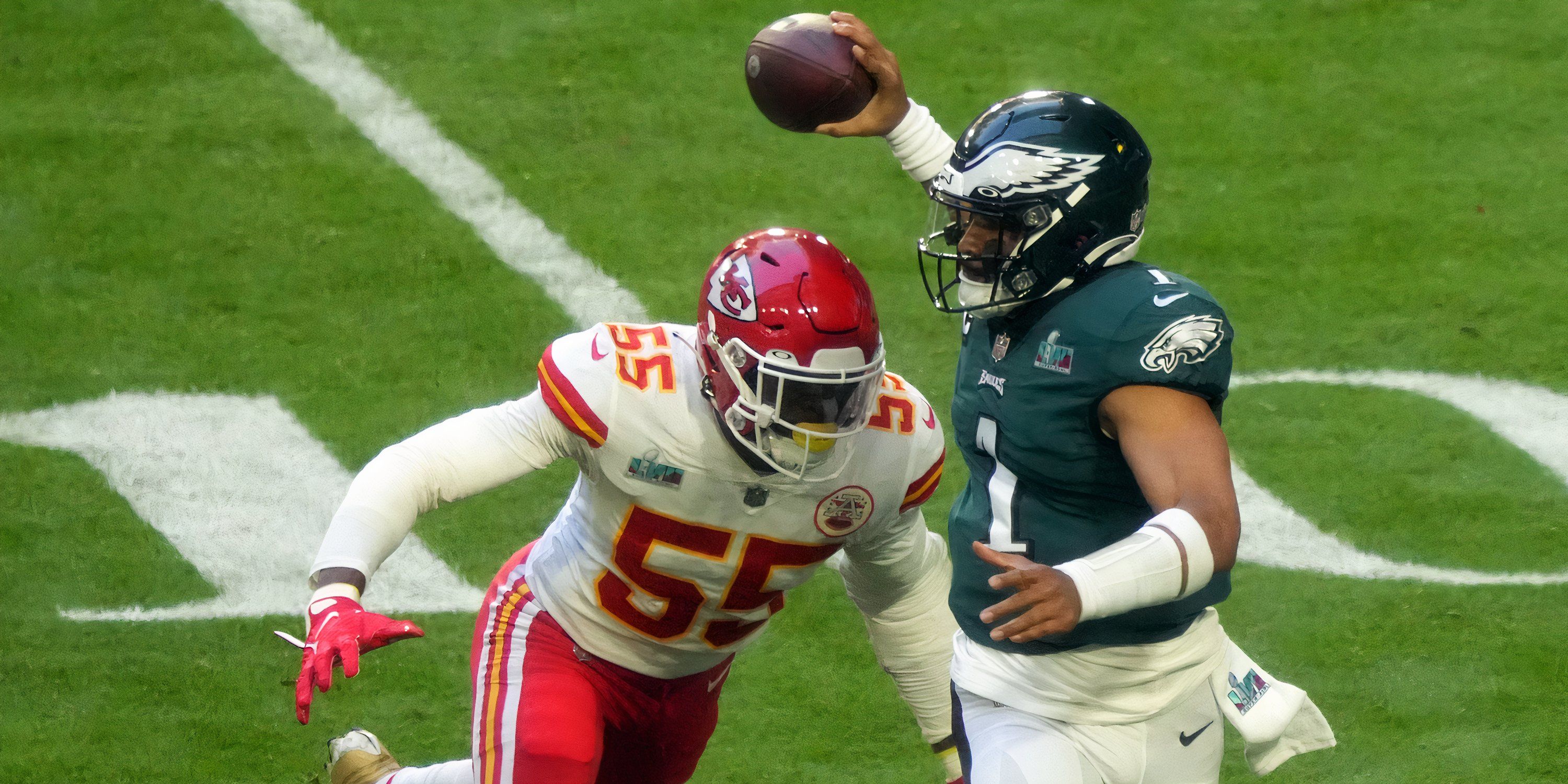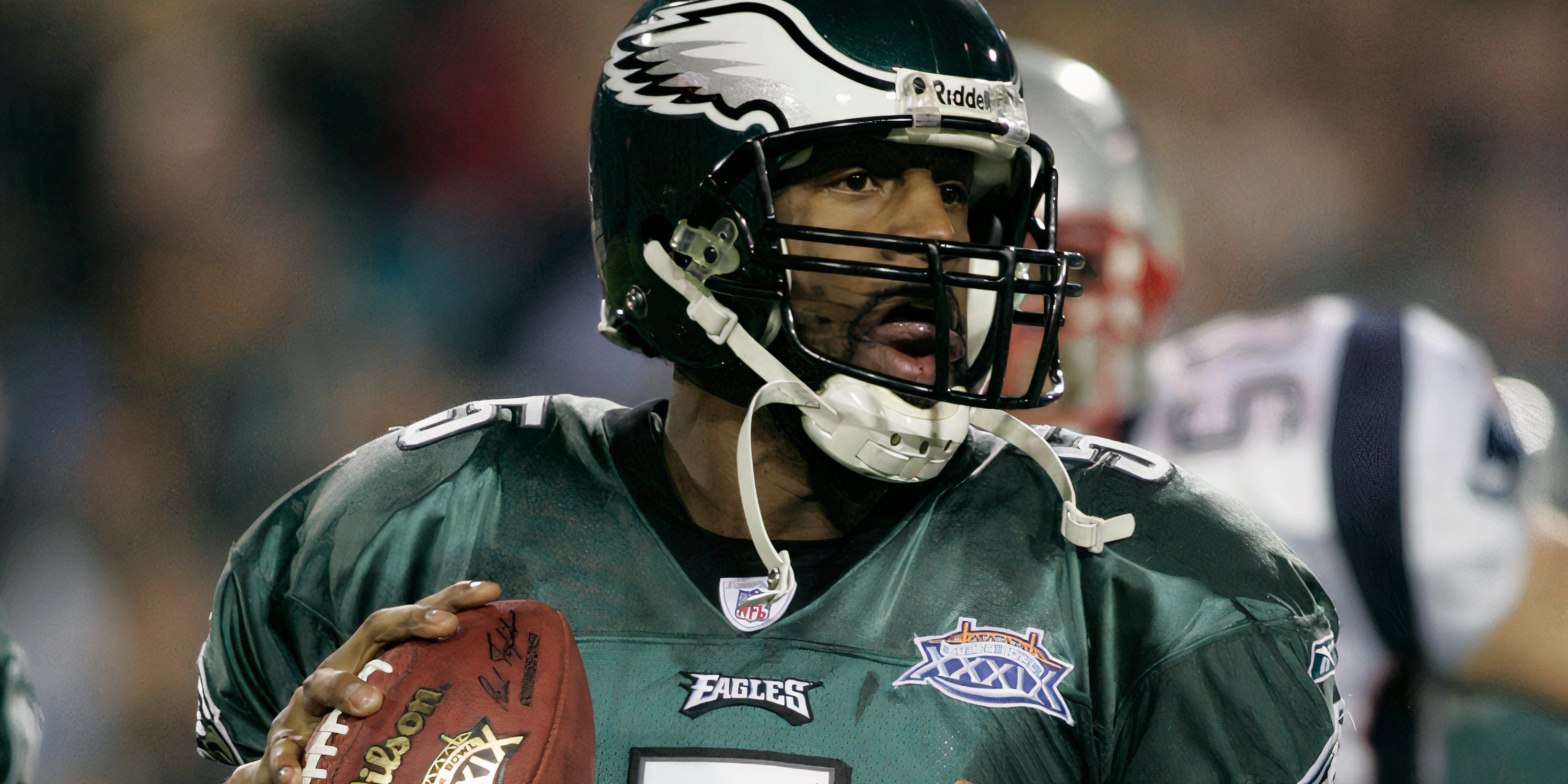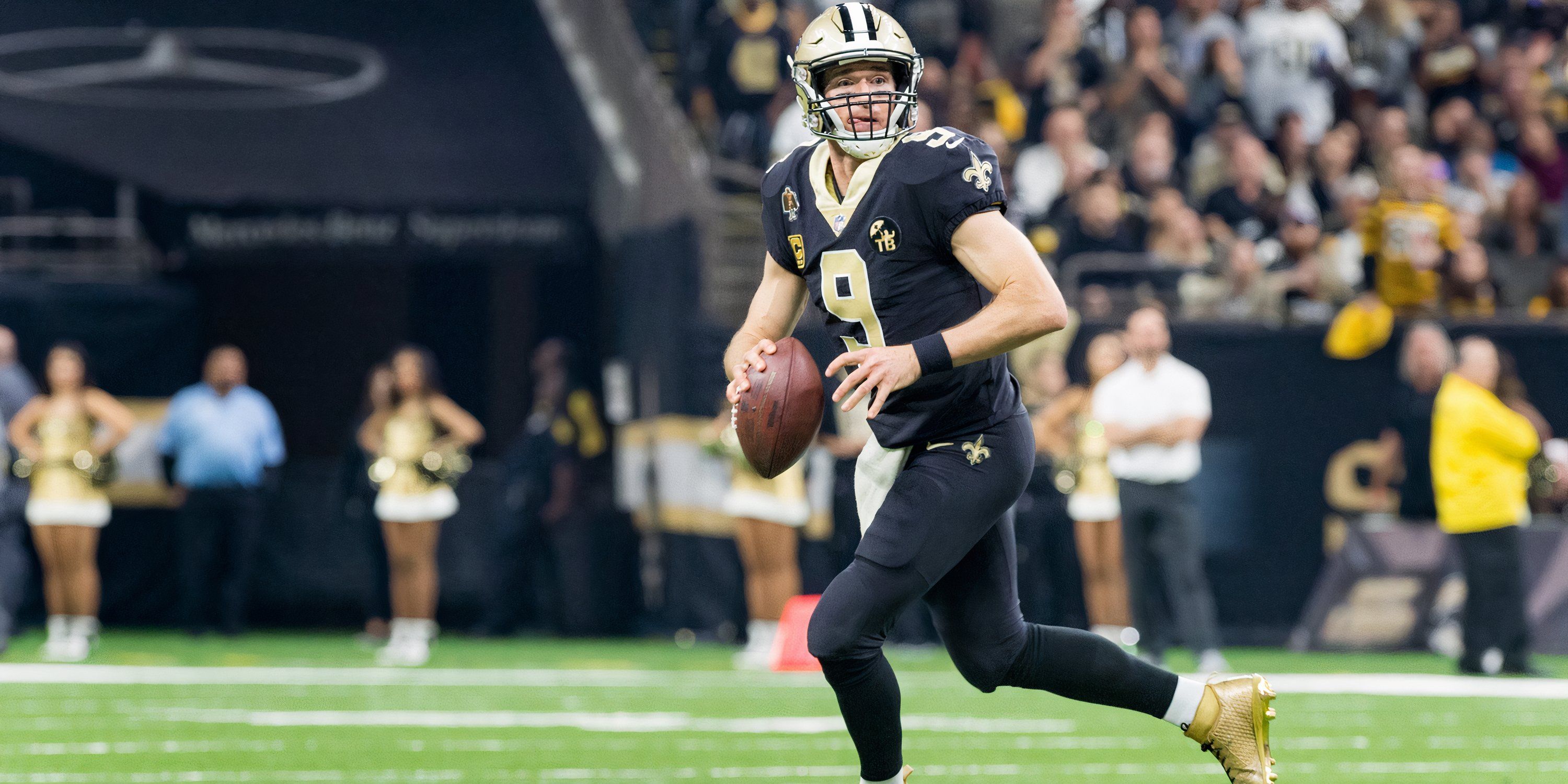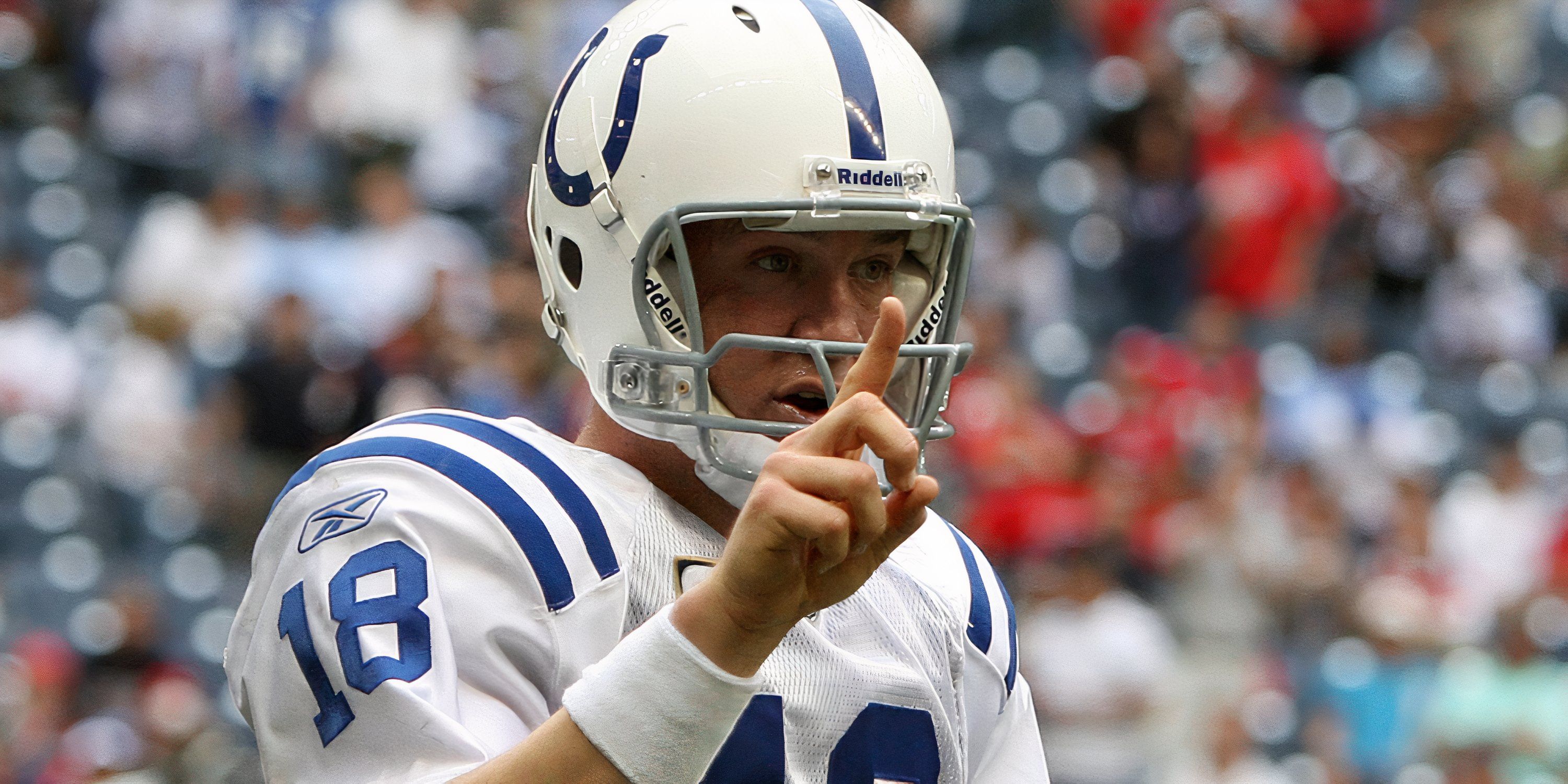The 10 Greatest Teams That Didn’t Win The Super Bowl
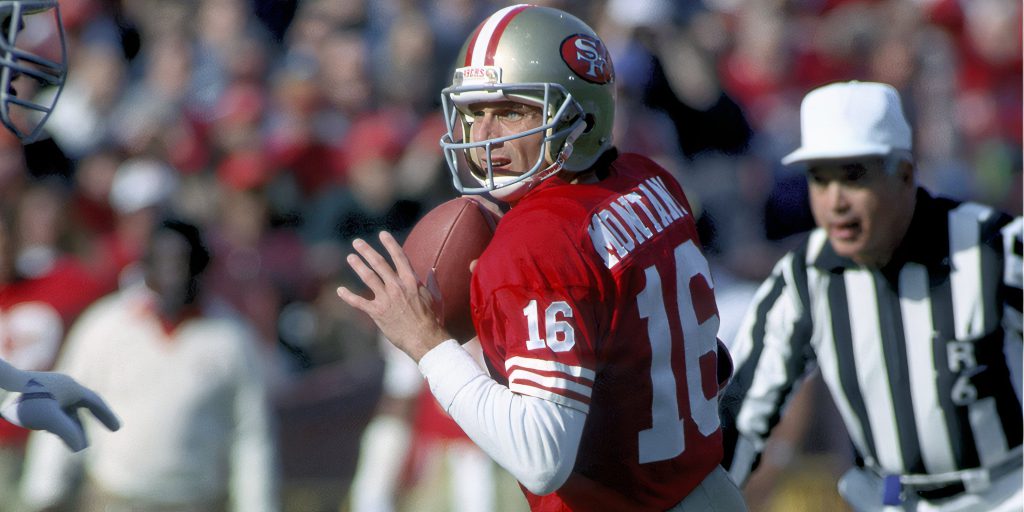
Key Takeaways
- Despite a historic regular season, the 2007 Patriots failed to secure a championship.
- The 1998 Vikings’ record-setting offense fell short of reaching the Super Bowl.
- The 2001 Rams, led by Warner and Faulk, succumbed to a Super Bowl upset.
The unique aspect about professional sports is that the better team doesn’t always come out on top. There are instances where a team of the season doesn’t win the title or even reach the championship round.
This article sheds light on the all-time great 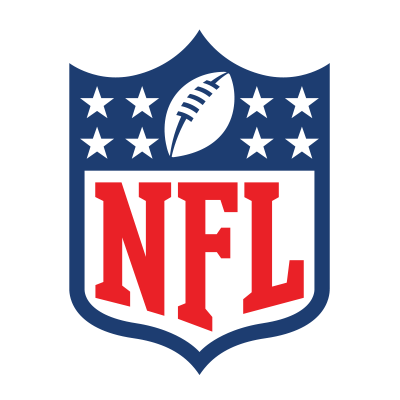 NFL squads who were never able to cap off their decorated seasons with a memorable Super Bowl run.
NFL squads who were never able to cap off their decorated seasons with a memorable Super Bowl run.
1 2007 New England Patriots
The Patriots fall short of becoming the league’s first 19-0 team
Led by MVP quarterback Tom Brady and the defensive brilliance of head coach Bill Belichick, the 2007 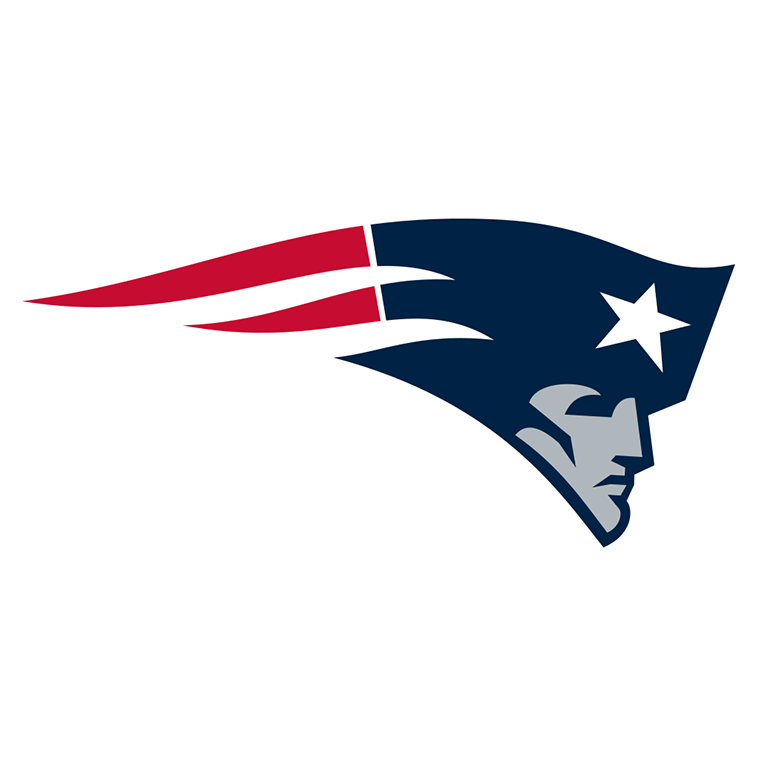 New England Patriots blitzed through the NFL and secured the league’s first-ever 16-0 regular season record.
New England Patriots blitzed through the NFL and secured the league’s first-ever 16-0 regular season record.
The team’s road to the Super Bowl had its brief challenges. New England was tied at halftime against the 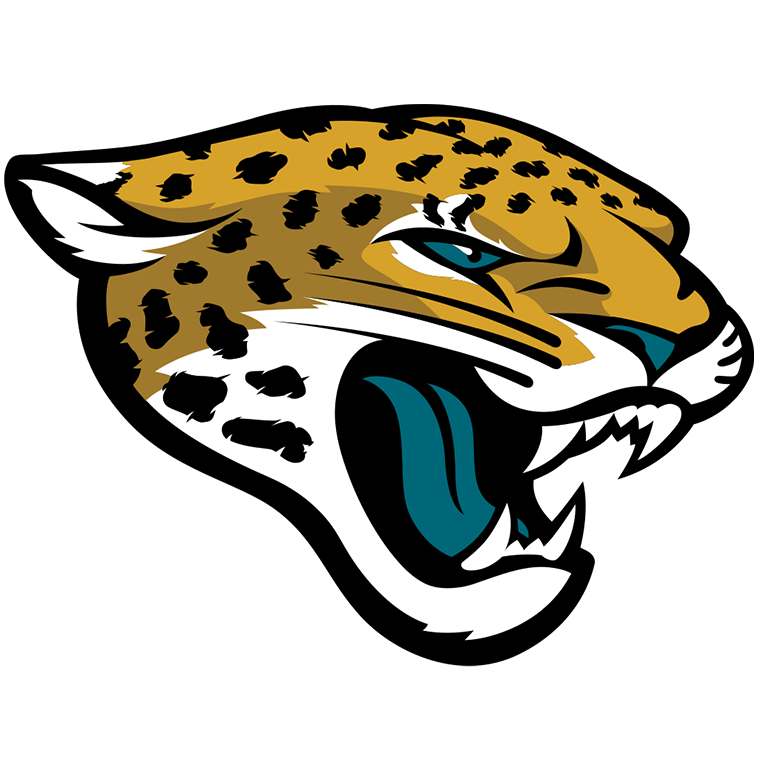 Jacksonville Jaguars during the divisional round, before Brady’s two third quarter touchdown passes put the Jags away.
Jacksonville Jaguars during the divisional round, before Brady’s two third quarter touchdown passes put the Jags away.
In the AFC title game, New England only scored 21 points versus the San Diego Chargerstop-ranked defense. However, Chargers’ quarterback Phillip Rivers played with a torn ACL and didn’t lead the Chargers on a single touchdown drive.
Super Bowl 42 is where New England’s historic season came to an end. Brady and the Patriots could only muster 277 yards of offense and 14 points in an upset defeat against the 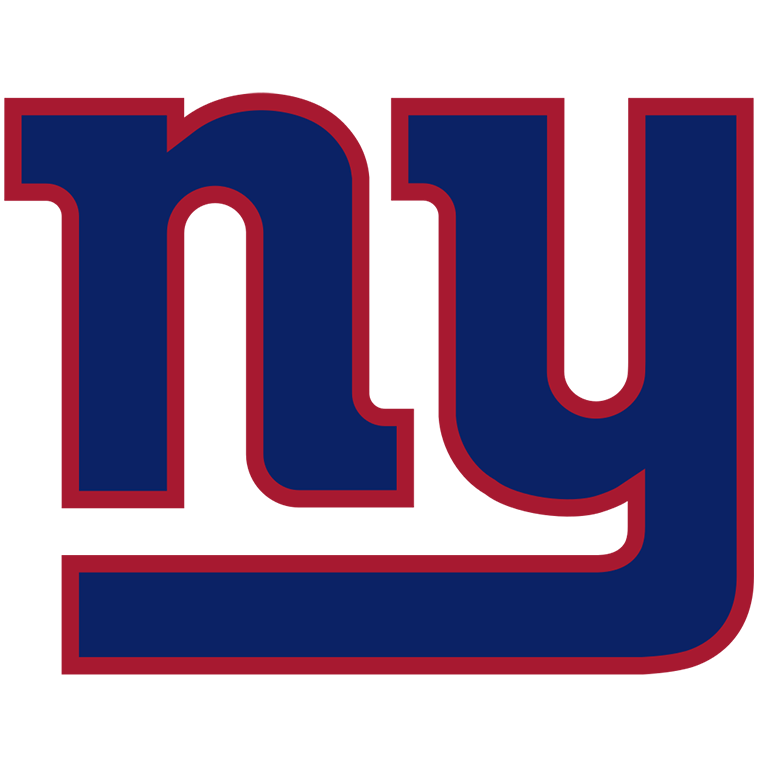 New York Giants.
New York Giants.
2 1998 Minnesota Vikings
One of the league’s historic offenses falls short of competing on the NFL’s biggest stage
The face of the 1998 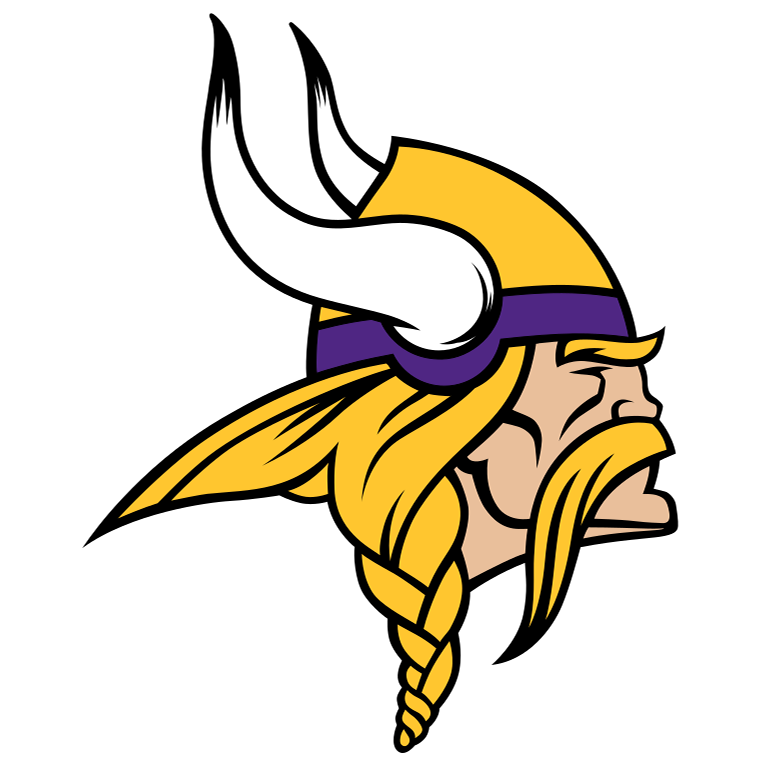 Minnesota Vikings was rookie wide receiver Randy Moss. As a heralded first-round selection, Moss collected:
Minnesota Vikings was rookie wide receiver Randy Moss. As a heralded first-round selection, Moss collected:
- 69 catches
- A league-best 17 touchdown receptions
- 1,313 receiving yards (third-best in NFL)
With veteran Chris Carter opposite him outside, Pro Bowl rusher Robert Smith in the backfield and First-Team All-Pro Randall Cunningham under center, the 1998 Vikings offense set a then-NFL record for points scored and led the league in total offense.
While the dynamic offense highlighted Minnesota’s 15-1 regular season, Hall of Fame interior lineman John Randle spearheaded the team’s top-10 defense. With the automatic leg of kicker Gary Anderson on their side as well, the team was a complete squad on all three levels.
After steamrolling the 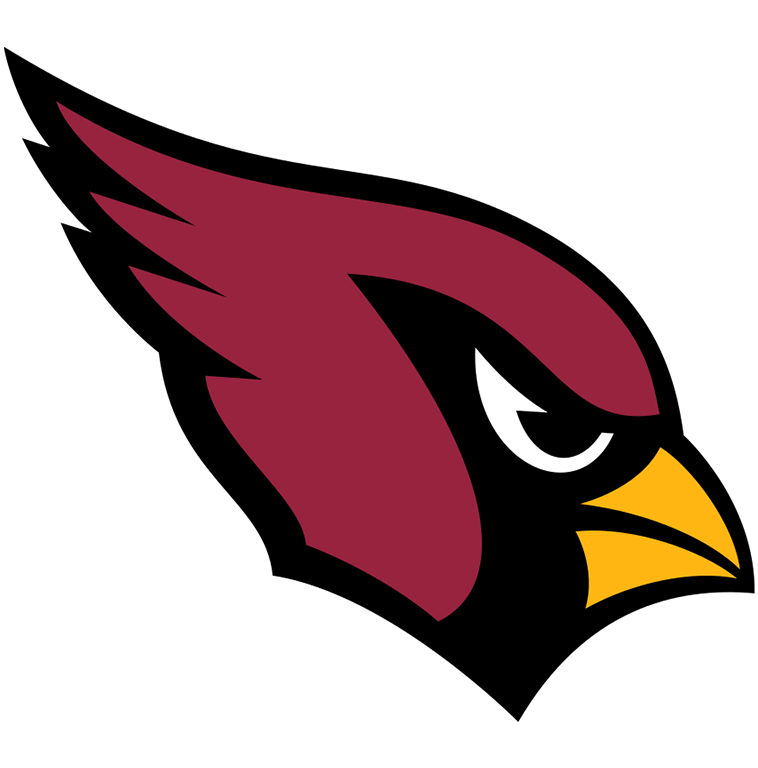 Arizona Cardinals in the divisional round, the Vikings succumbed to a surprising upset at the hands of the
Arizona Cardinals in the divisional round, the Vikings succumbed to a surprising upset at the hands of the 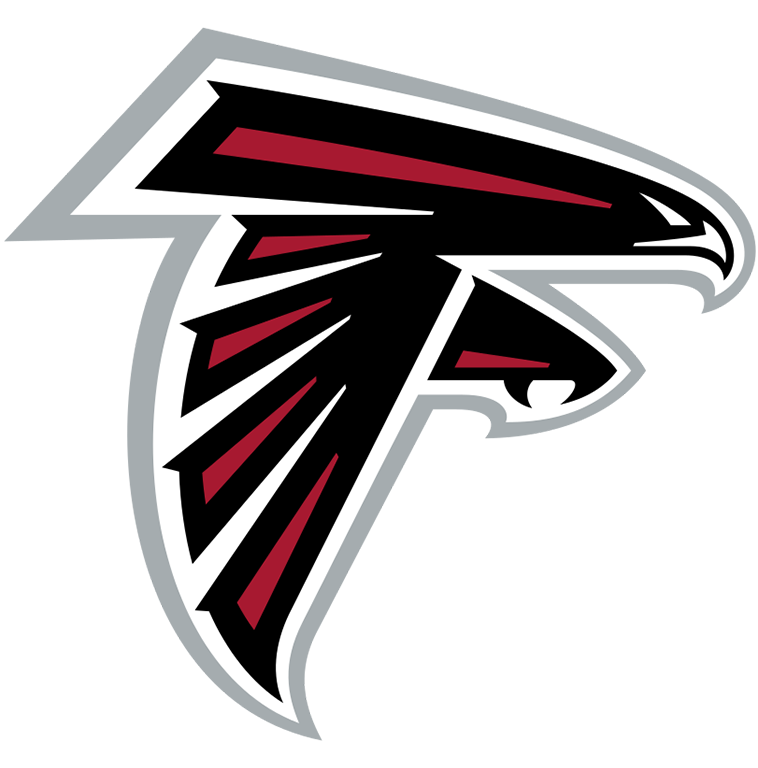 Atlanta Falcons in the conference title game. Minnesota raced out to a 20-7 first-half lead before being outscored 23-7 the rest of the way. A missed field goal by Gary Anderson in the fourth quarter left the door open for the Falcons to tie the game, which they did before winning by three in overtime.
Atlanta Falcons in the conference title game. Minnesota raced out to a 20-7 first-half lead before being outscored 23-7 the rest of the way. A missed field goal by Gary Anderson in the fourth quarter left the door open for the Falcons to tie the game, which they did before winning by three in overtime.
3 2001 St. Louis Rams
The Greatest Show on Turf falls victim to a historic Super Bowl upset
The 2001 St. Louis Rams re-established its legendary offense known as The Greatest Show on Turf, headlined by Hall of Fame quarterback Kurt Warner and Hall of Fame running back Marshall Faulk. The two produced First-Team All-Pro seasons as Warner led the league in passing yards (4830), and touchdowns (36) to secure his second MVP, while Faulk collected:
- A league-best 2,147 scrimmage yards
- An NFL-best 5.3 yards per carry
- 21 total touchdowns.
The offense propelled the Rams to a 14-2 record and a return to their second Super Bowl in three years. In Super Bowl 36 versus the Patriots, St. Louis was held to just three points through three quarters before two fourth quarter touchdowns tied the game at 17 with 1:30 left.
The Rams’ seventh-ranked defense then allowed former backup quarterback Tom Brady to orchestrate a game-winning drive as time expired that thwarted their title hopes.
4 1990 San Francisco 49ers
One of the league’s greatest dynasties is denied a three-peat due to injury
The 1990 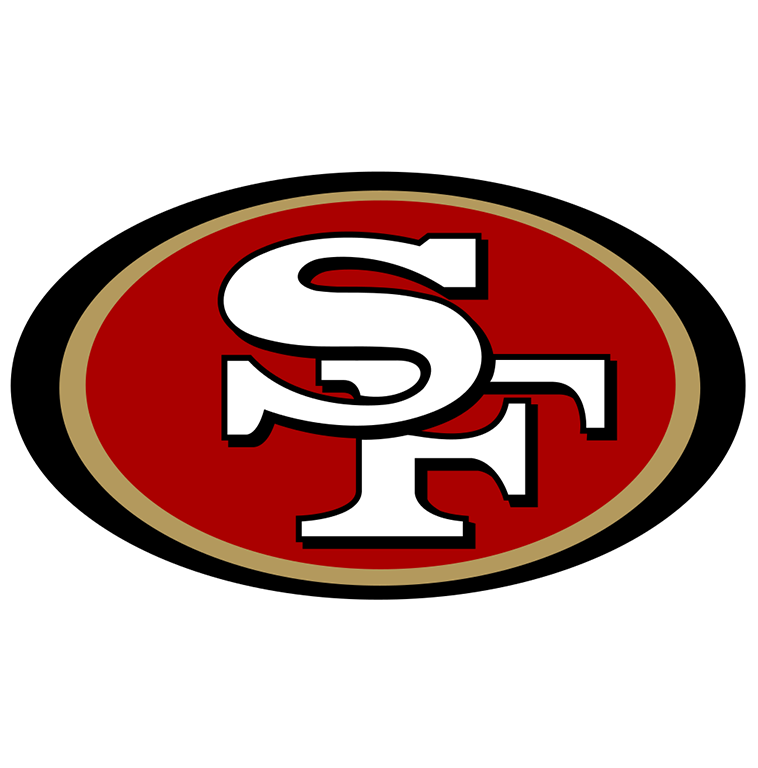 San Francisco 49ers were coming off the heels of back-to-back titles and desired an unprecedented NFL three-peat in the Super Bowl era.
San Francisco 49ers were coming off the heels of back-to-back titles and desired an unprecedented NFL three-peat in the Super Bowl era.
The 90 Niners went undefeated on the road, forced a takeaway in all but two regular-season games, boasted a top-two offense spearheaded by MVP quarterback Joe Montana and a top-three defense led by All-Pro safety Ronnie Lott and linebacker Charles Haley. The team went 14-2 for a second consecutive season and marched to the NFC title game with ease.
Lawrence Taylor and the New York Giants stood in their way of a return to the Super Bowl, and the Giants took the game by force. After knocking out Joe Montana in the second-half and recovering a late game Roger Craig fumble, New York kicked their fifth and final field goal to beat the Niners 15-13.
5 1994 Dallas Cowboys
Coaching change and offensive playoff miscues rob the Cowboys of a three-peat
The team still had 12 wins, led by the “Triplets” in quarterback Troy Aikman, running back Emmitt Smith and wide receiver Michael Irving. However, it was the Cowboys’ defense that reigned supreme and finished the regular season as the league’s best.
- Led the league in pass defense
- Tied for the second least allowed rushing touchdowns (8)
- Tied for the least allowed yards per offensive play (4.3)
In a rematch of the 1994 NFC Title game, the Cowboys defense surrendered 31 points due to playing on short fields after allowing multiple offensive turnovers. The Niners cornerback tandem of Eric Davis and Deion Sanders recorded all three of Aikman’s interceptions and set the tone for the matchup’s 38-28 conference title game result.
6 1990 Buffalo Bills
Buffalo’s best shot at winning a title goes Wide Right
Out of all the 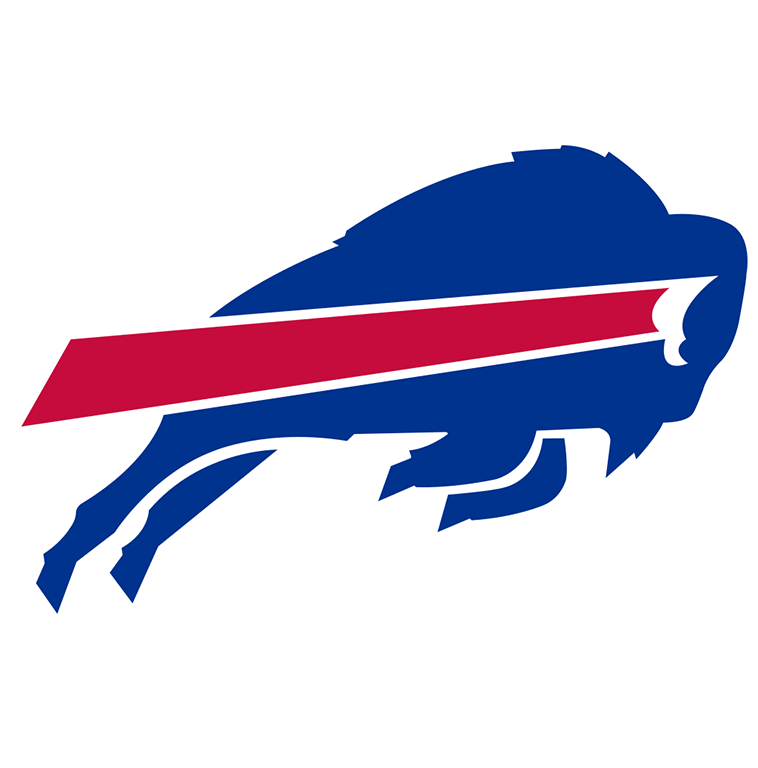 Buffalo Bills‘ four consecutive Super Bowl berths, Super Bowl 25 was the team’s best chance to win. The juggernaut 49ers were vanquished in the NFC title game, and the 13–3 Bills’ top-10 offense and defense seemed well-equipped to beat the New York Giants.
Buffalo Bills‘ four consecutive Super Bowl berths, Super Bowl 25 was the team’s best chance to win. The juggernaut 49ers were vanquished in the NFC title game, and the 13–3 Bills’ top-10 offense and defense seemed well-equipped to beat the New York Giants.
The 1990 Bills offense averaged:
- The second-most yards per play (5.7)
- The third-least turnovers (21)
- Tied for the second-most rushing touchdowns (20).
Buffalo raced out to a 12-3 lead before a Giants’ touchdown cut it to 12-10 at the break. In the second-half, both teams traded leads before the Bills’ final drive of the game ended with a missed 47-yard field goal by Scott Norwood that resulted in a 20-19 defeat.
7 2022 Philadelphia Eagles
One of the league’s most complete teams falls short of a championship
The 2022 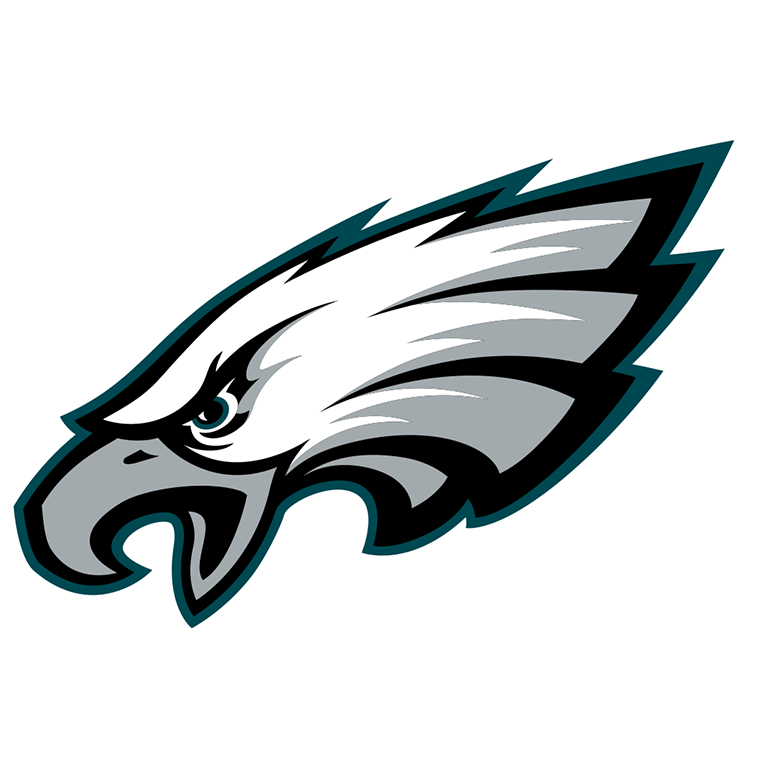 Philadelphia Eagles featured
Philadelphia Eagles featured
- The MVP runner-up at quarterback in Jalen Hurts
- A 1,200 yard rusher in Miles Sanders
- Two 1,000 yard receivers in A.J. Brown and DeVonta Smith
- Four defensive linemen that recorded double-digit sacks
- A secondary that collected 16 interceptions
While a late-season injury to Jalen Hurts led the team to drop two of their last three regular season games, the Eagles’ still finished 14-3 and destroyed the NFC playoff competition to reach the Super Bowl. Hurts was healthy again by this time and with an elite pass-rushing defense by his side, the stage was set to neutralize Patrick Mahomes and the 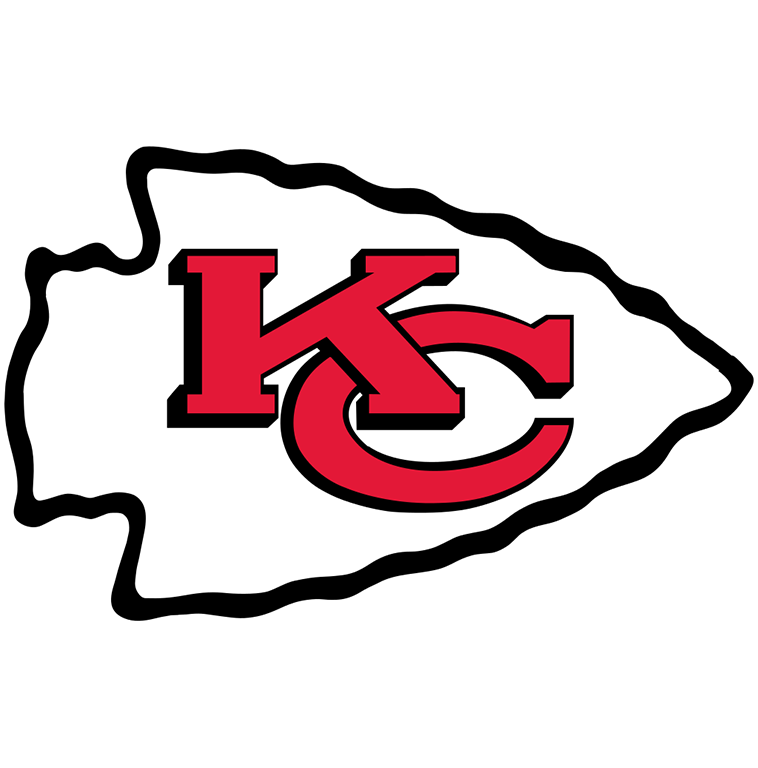 Kansas City Chiefs.
Kansas City Chiefs.
Philadelphia’s league-leading sack defense never sacked Mahomes, and the team blew a 24-14 halftime lead before losing the Super Bowl 38-35. A controversial pass interference call put the Chiefs in game-winning field goal range with under a minute to go, solidifying the Eagles as the most talented team of the 2020s to not win a title.
8 2004 Philadelphia Eagles
Donovan McNabb’s porous play sells Eagles’ short of a title
The pairing of quarterback Donovan McNabb and wide receiver Terrell Owens launched the Eagles’ offense to new heights in 2004. The duo made Philly’s offensive attack even more balanced and helped the team achieve a 13-3 record with the assistance of their top-10 defense.
A Week 15 horse collar tackle by Cowboys’ safety Roy Williams left Owens on the sidelines until the Super Bowl. Philly fared well without him during the playoffs by outscoring opponents 54-24, before he returned for Super Bowl 39.
During game versus the Patriots, Owens balled out to the tune of nine catches for 122 yards. Unfortunately, McNabb tossed three interceptions because of a rumored stomach bug in the team’s 24-21 Super Bowl defeat.
9 2018 New Orleans Saints
The Saints’ best chance at making a Super Bowl in the 2010s was robbed by the refs.
While the 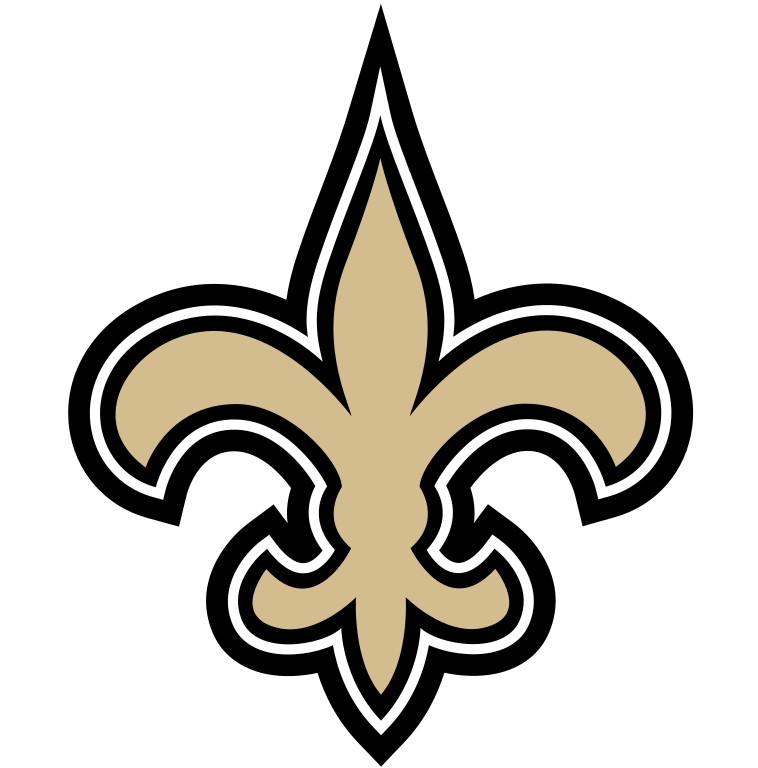 New Orleans Saints employed a declining Drew Brees as the team’s starting quarterback, the Hall of Famer still led a top-10 offense with these stats:
New Orleans Saints employed a declining Drew Brees as the team’s starting quarterback, the Hall of Famer still led a top-10 offense with these stats:
- 74.4 Completion Percentage (Best in the NFL)
- 115.7 QB rating (Best in NFL)
- Second-least interceptions across at least 400 pass attempts (5)
- 32 touchdown passes (tied for fifth-most in NFL)
The 2018 Saints rolled into the playoffs with a 13-3 record and secured a comeback victory versus the Philadelphia Eagles in the divisional round to make their first NFC Championship since 2009. They then faced the  Los Angeles Rams and got an early 13-0 lead before both teams went back and forth to produce a tied football game in the later stages of the fourth.
Los Angeles Rams and got an early 13-0 lead before both teams went back and forth to produce a tied football game in the later stages of the fourth.
A missed pass interference call on third down in the red zone robbed the Saints of being able to bleed the clock down and secure a game-winning field goal as time expired in regulation. From there, they made a field goal with 1:41 left in the fourth that the Rams matched to force overtime.
In overtime, Brees tossed an interception, and the Rams kicked a 57-yard field goal to send Los Angeles to their first Super Bowl. The Saints would never come closer with Drew Brees as their quarterback.
10 2009 Indianapolis Colts
Peak Peyton Manning isn’t enough for the Colts to get their second title as a franchise
While league MVP Peyton Manning finished top-10 in interceptions thrown with 16 during 2009, he still boasted these individual numbers as the focal point of the 14-2 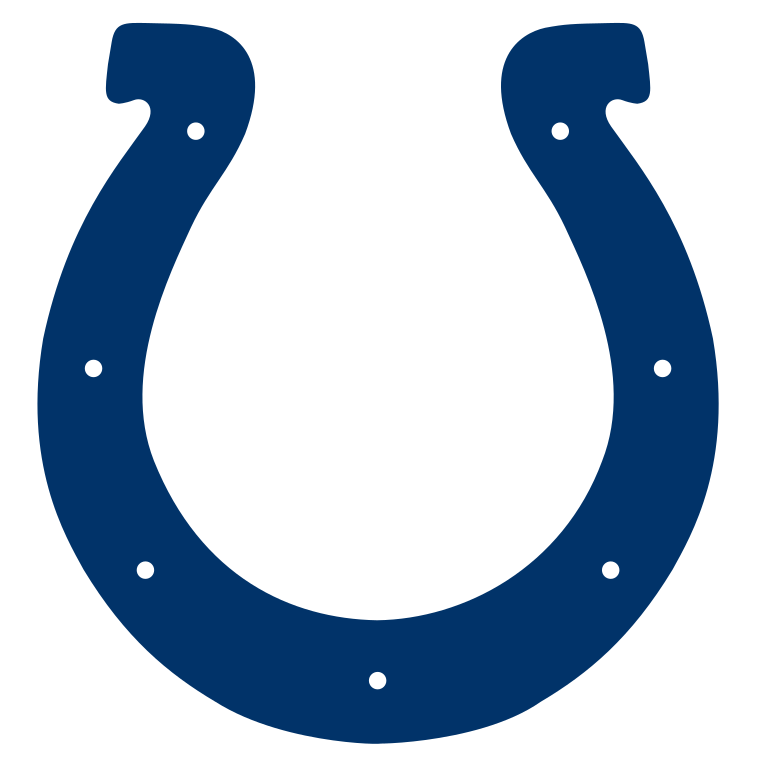 Indianapolis Colts:
Indianapolis Colts:
- 4500 Passing Yards (Second in the NFL)
- 33 touchdown passes (Second in the NFL)
- 1.72 % sack percentage (Lowest in the NFL)
- 7 fourth quarter comeback and game-winning drives (Most in NFL)
After throwing 5 touchdowns and just 1 interception against elite playoff defenses such as the 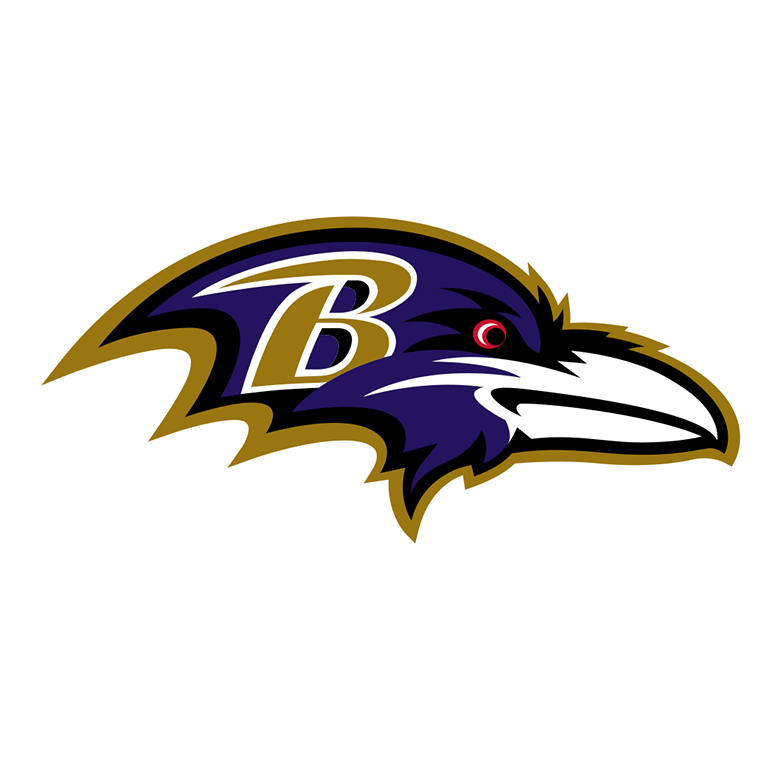 Baltimore Ravens and
Baltimore Ravens and 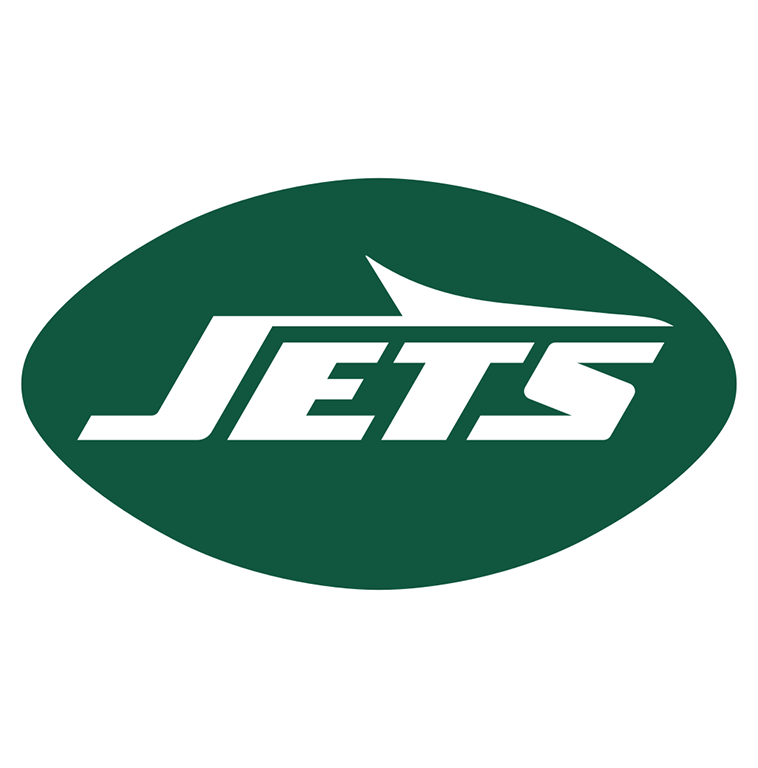 New York Jets, Manning was primed to complete his dream individual season against the 13-3 New Orleans Saints.
New York Jets, Manning was primed to complete his dream individual season against the 13-3 New Orleans Saints.
Unfortunately, Manning only mustered one touchdown pass and had a game-ending pick-six to Saints cornerback Tracy Porter that sealed the Colts’ fate. It was the last time Manning played in a Super Bowl as the Colts’ quarterback.
All statistics courtesy of Pro Football Reference unless stated otherwise.
